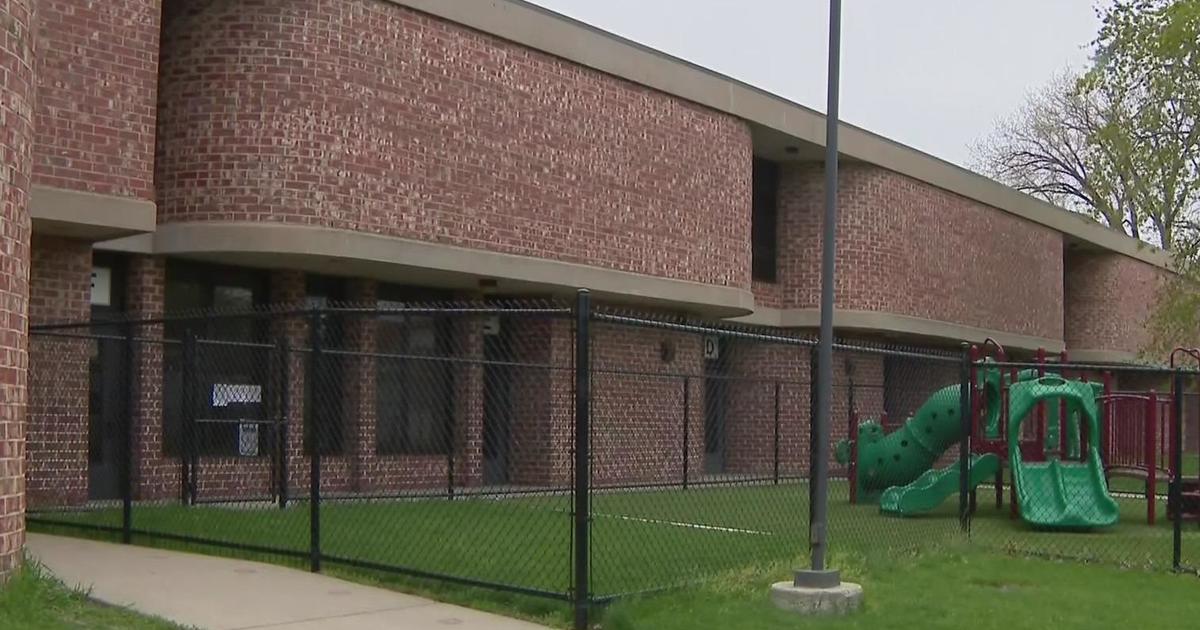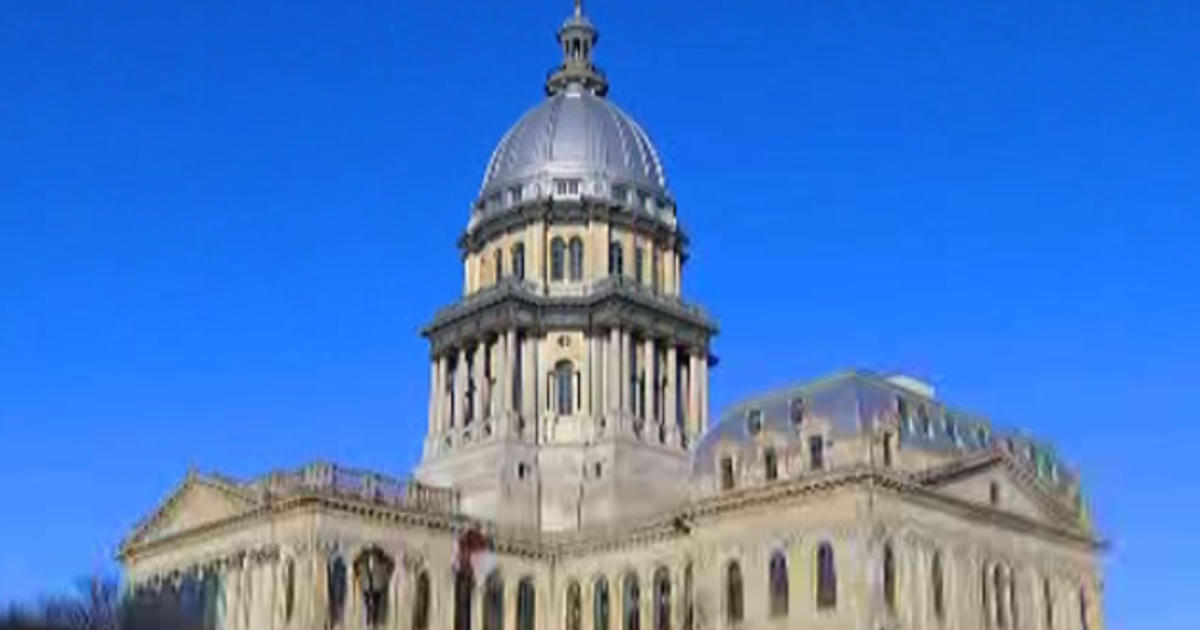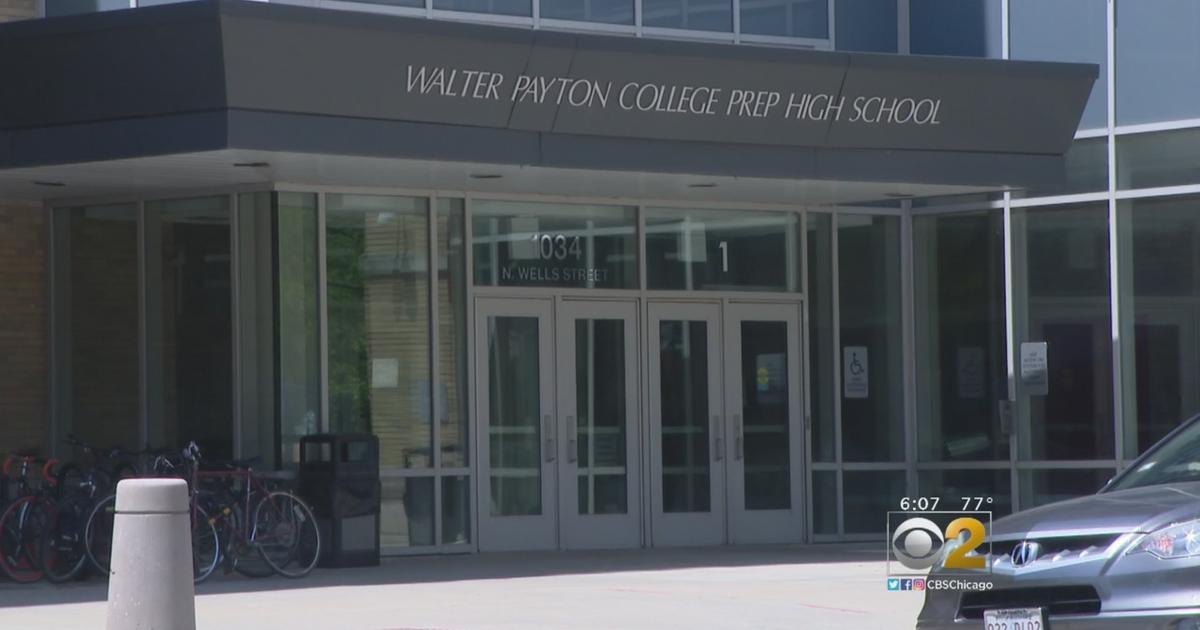Madigan Drops Effort To Shift Teacher Pension Costs To Local Districts
Updated 05/30/12 - 10:13 p.m.
CHICAGO (CBS) -- Prospects for pension reform in Illinois improved measurably late Wednesday night, when House Speaker Mike Madigan dropped his proposal to make public schools and state universities pay retirement costs for their employees, rather than the state.
CBS 2 Chief Correspondent Jay Levine reports Madigan said he decided to drop his push to shift the burden for teacher pensions to local school districts, after meeting with Gov. Pat Quinn, who said he opposed the move.
Republicans had called that provision a "poison pill" in pension reform efforts, and several downstate Democrats also opposed the shift.
The Chicago Public Schools is the only school district in the state that currently pays the employer's portion of teacher pensions through local tax dollars. All other public school districts rely on state funding to pay for employer contributions to teacher pensions.
The stalemate had threatened to derail hopes for major pension reform before the scheduled end of the spring session at midnight Thursday night. Although a pension reform plan passed out of a House Committee on Tuesday, it was not called to the House floor while lawmakers fought over Madigan's push to shift the teacher pension burden to local school districts.
Madigan has argued it's only fair for local school districts to pay for their teachers' pension costs, but opponents said the shift would mean dramatic increases in property taxes in the suburbs and downstate.
The dispute over Madigan's push to shift the teacher pension burden had been holding up talks for significant pension reform in Illinois.
Madigan's pension plan had been hotly debated the past two days, both in public and behind closed doors, but it was clear Republicans were not going to budge in their opposition to the shift.
State Sen. Matt Murphy (R-Palatine) said the move would have meant shifting more than $20 billion in pension costs from the state to local schools.
"Over $20 billion from the state onto property taxpayers over the next 30 years, to me it's unconscionable," Murphy said.
Earlier in the day, Senate President John Cullerton (D-Chicago) had expressed hope for a deal to break the stalemate.
"Absolutely. There's always a chance for compromise," he said.
Madigan said that compromise was brokered by the governor, who asked him to take the teacher pension payment shift out of the pension reform plan.
That plan has now been handed over to House Republican Leader Tom Cross to try to get a vote on the House floor Thursday, in hopes of getting the measure to the governor's desk before the midnight deadline to approve the plan by a simple majority.
Outside of the dispute over shifting teacher pension costs, Republicans acknowledged there is common ground on pension reform.
"Frankly, the rest of the bill is pretty well acknowledged to be sound, it's been negotiated, it solves the problem," Murphy said. "I don't think this has to be a poison pill, unless the majority wants it to be."
Madigan's decision appears to pave the way to approve the other central part of the plan -- reducing pension costs by either reducing cost-of-living increases, or cutting health care costs for most state workers.
The measure would give current employees and retirees a choice between smaller cost-of-living increases, while keeping guaranteed health insurance, or keeping higher pension bumps, without health insurance.
Madigan expects that pension plan to be called for a vote early Thursday. If approved, it would be sent to the Senate for a vote before it could go to the governor's desk. That appears likely to happen well before the end of the spring session at midnight Thursday night.
After May 31, any legislation that would take effect immediately would need a 60 percent majority for approval.



